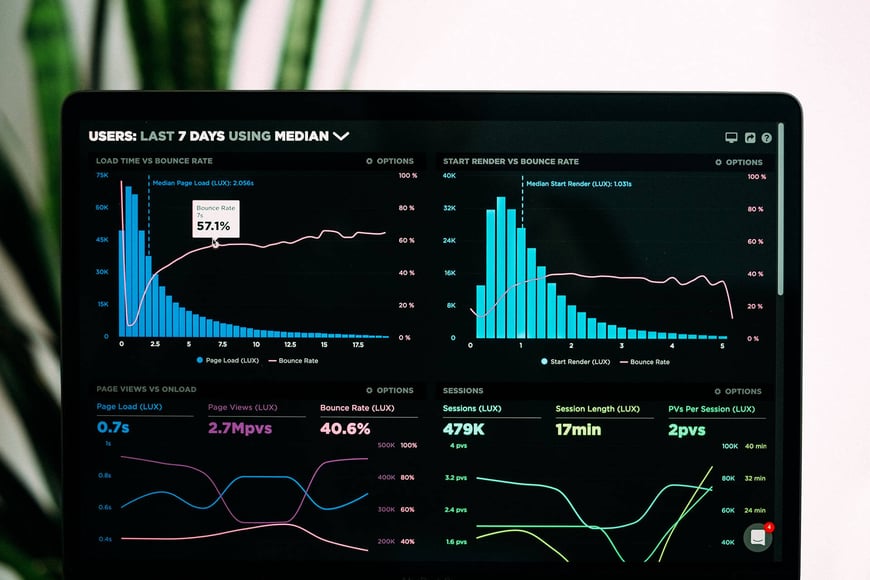Parameter Check: Limitations Of Business Intelligence And Analytics
There are a myriad of digital tools to help you come up with more informed and strategic business decisions, but can the limitations of business intelligence (BI) tools affect your firm at different circumstances?

BI is indispensable to SMEs because of its role in the efficient management of huge volumes of data. In one of our previous posts, we discussed telltale signs that are indicative of whether your business actually needs to incorporate BI tools into its regular agenda. Assuming that your business is indeed ripe for BI, how do you go about in ensuring the optimal use of your chosen tool? Here are a few points to consider to help you understand the bounds of business intelligence - and how you can address them:
Exposure to BI Tools
BI tools are highly commended for its indispensable role in changing how entrepreneurs and managers respond to the demands of businesses. But while BI tools help you become more informed through accurate and relevant business data, professional intervention is required to generate the necessary information. This means that business owners who are interested in using BI tools need to have their staff trained and exposed to the use of various BI tools.
Exposure to Data Breach
Much like any other digital platform, BI is no stranger in the risks of data breach.
The big data inserted into business intelligence morphs into a useful insight for making strategic plans for the business. BI tools process this information and host it into their system, which raises the problem of security because a simple error can expose confidential data that can harm the business and all its stakeholders.
However, since this is a prevalent issue, BI providers are now crafting solutions to ensure robust security measures. It will also be a best practice to look for BI tools that have security options or be extra careful on what information you put in your BI channel.
Filling gaps
One of the features of business intelligence which lures business owners and managers into it is the notion that it is an instant solution to their most pressing business concerns.
Yes, business intelligence provides a more thorough insight into your business finances as well as your actual operations but it cannot fill the missing gaps without a little push from the experts. In order to maximize the use of business intelligence tools, you should contribute to its data gathering functions by complementing quantitative data with qualitative research.
Related: The Benefits of Cloud Computing: More Efficiency With Big Data
High Cost
Business intelligence and analytics tools give a potential to have a higher return in terms of investments in the long run. Its advanced functionality highly improves your operations, employee productivity and profitability.
But this comes with a high cost. BI tools and software can be expensive and may hurt your bottomline at the beginning as it includes the costs of the hardware and manpower to implement it effectively. However, this can be avoided if you opt for self-service BI tools where you can cut down affiliated expenses.
Analyzing data
Business intelligence is your best option if you are eager to improve profitability and business performance with the use of accurate and relevant data. But even the most accurate and the most relevant data will lose its value if you do not know how to interpret and analyze what the data represents.
To fully appreciate the essence of using BI tools, you - or a member of your finance and accounting team - need to be well-versed in data interpretation and analysis.
There are numerous limitations of business intelligence tools that can stall your business moving forward, but BI tools still have much to offer compared to the bounds that they don’t cover. To improve speed, efficiency and accuracy in processing your critical business numbers, you need the most advanced BI tools and the most competitive team of experts to crunch your raw data.
Ready to dip a toe into business intelligence? Allow us to journey with you. Download our Business Analytics guide to know how we can make a significant impact with your data or visit the D&V Philippines website for more information and assistance on outsourced business intelligence services.
This post was first published 12 May 2016 and edited 21 September 2020.




